Dry January
The liver is detoxifying twenty-four hours a day, seven days a week so well done if you’re used to drinking a few times a week and you’ve cut out alcohol since the start of January. But how can you keep that train going beyond January? Rather than looking at January as an opportunity to stop drinking for one month of the year, how can you find balance with your alcohol intake year-round? How can you start to look at alcohol as a recreational substance to be kept away from the home?
Your liver plays many roles in your health. It plays a role in glucose metabolism i.e. processing and storing sugar. Excess sugar in your body (from alcohol) will be stored as fat. Even if your BMI (body weight) is in range you may still have excess fat stored in the body. Due to its role in digestive processes your liver is hugely linked to energy production. Your liver detoxifies everything that you absorb (eat, drink, breathe in, put on your skin) and it is responsible for the safe elimination of old cells, such as hormones and blood cells. A stagnant liver from poor dietary choices and excessive alcohol intake may be governing brain fog, menstrual/menopause symptoms, gut symptoms, fatigue and mood disturbances.
Your liver also has an infection fighting capacity with a large pool of kupffer cells responding to bacterial or viral invasion. It’s important to note that your cells are made from what you put into your body i.e. what you consume - not drugs. If you want to build a healthy and robust immune system addressing your diet and lifestyle factors that may govern your diet, such as lack of support networks, inappropriate support networks, heavy drinking friends or personal relationships, is your first port of call.
I come from a place where I had a substantial infection in my intestines, which I rectified using nutritional therapy and conventional guidance. I also arrive here from nutritional science, biochemistry and Evidence Based Medicine training. Using nutrition to support health is a science, requiring specialist guidance. It is also an art-form where food should be made fun and enjoyable. My perspective is from experience and from science. I empathise for your journey and understand that it’s not easy to change dietary and lifestyle habits and patterns. Therefore, if your goal is to reduce your alcohol intake to support your health and immunity then just start here:
What is my first step forward?
Rather than thinking about the end goal, just think about how you’re going to get there for now. Little, positive steps forward lend greater to sustainability than giant leaps.

